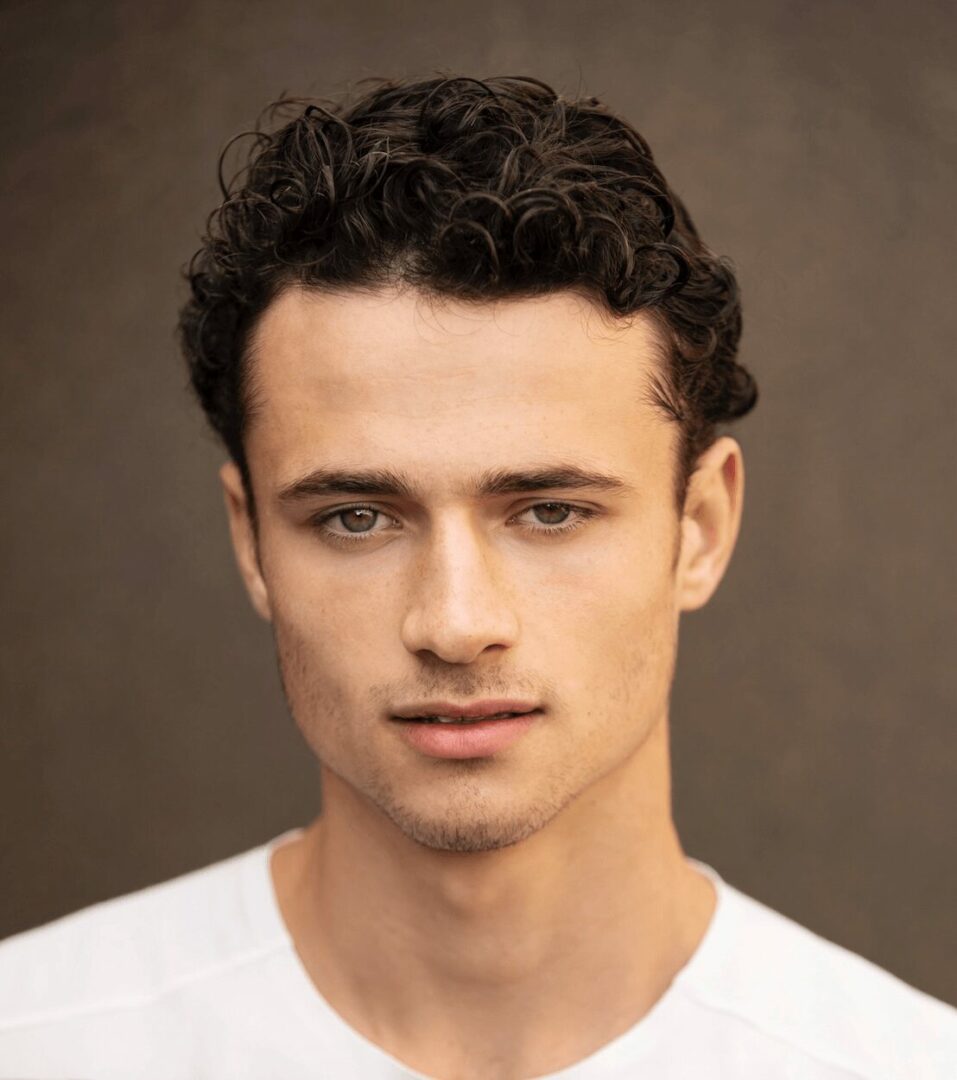We were lucky to catch up with Nick Bisa recently and have shared our conversation below.
Nick, we’re thrilled to have you on our platform and we think there is so much folks can learn from you and your story. Something that matters deeply to us is living a life and leading a career filled with purpose and so let’s start by chatting about how you found your purpose.
I didn’t know I was lost as an adolescent, but I was. I grew up in a very sporty family. My mum and dad are both extremely fit and active, I found myself in skis in Canada before my 3rd birthday. I had a tennis racquet in hand very shortly after. My older brother would accompany me in these sporting pursuits. I became comfortable following his lead.
My brother was extremely talented at tennis, specifically. At 10 years old, he was in the top 10 tennis players in Australia. He even went professional, briefly. But his career prospects were suddenly crushed by a dropped weight in the gym one day during a tournament in the Northern Territory. It’s still a devastating accident to this day.
I was never as good. I never progressed past the national level. Deep down, I knew I was never going to make it as a professional player. I simply didn’t want it enough. So I never truly applied myself.
I truly loved the sport, though. Tennis was my first love. I still play regularly to this day and also love coaching it. But as a career, even though I trained 6 days a week and drove around the country playing tournaments every second weekend, I knew professional tennis wasn’t my calling.
It actually wasn’t until I started falling in love with the arts that I realised why I really loved tennis in the first place. There is a unique artistic sensibility to tennis. The indirect physical expression of self. As an introverted, anxious kid, tennis gave me a safe outlet for expression on my own terms. I’m really grateful for that and tennis will always be a major part of my life.
Drama class was a mandatory class in Year 7 at school. The drama games were fun and I liked doing the little improv exercises and mini pretend scenes. More than anything, it was the best of all the other electives. Year 8 was pretty similar, more fun than anything meaningful. It wasn’t until year 9 that my life began to change.
I had this new teacher, Mr. Gersbach, or Gersy. From the very first day, the atmosphere was different. Drama class was no longer solely fun. There was an injection of seriousness and professionalism into the room. For most people, understandably, this was a deterrent. I mean I felt the same way when they started upping the ante in my woodwork class. I was straight out of there. But with Gersy, his change in approach had a unique effect on me. Gersy didn’t treat me like a student. He treated me like an actor, even though I’d never really done any acting; I was never the school play type. The only performance I’d ever done in front of an audience up until that point was the Christmas nativity concert in preschool. To receive this kind of unsaid belief and responsibility from an adult was significant.
I remember working the hardest I’d ever worked on something for our first assessment, which was a monologue. I did “To Be or Not To Be” from Hamlet. I had no idea who hamlet was, the play itself, how to read or even remotely understand Shakespeare. To this day, it may have been my boldest choice ever to deliver a speech about whether or not one should commit suicide in the casual, conversational way I did. But, what I did do was what I believed to be the most important things at that time: I learnt my lines, annotated the pauses and inflections and gestures I would execute in my performance, and rehearsed the speech over and over the exact same way until I didn’t have to worry about my delivery.
Obviously, looking back, I’m thankful 15 year old Nick didn’t write his version of “An Actor Prepares”. But the specifics of my preparation were not important at that particular time. It was my establishing of intention and commitment and a level of seriousness with regard to this art form.
Gersy saw this in my performance. I remember him talking to me afterwards and being very complimentary and encouraging. I look back to that moment with a feeling of deep significance. For so long I had silently been searching for someone to give me permission to forge my own path in the world. To do something for myself. Gersy was this someone for me.
He then emphasised to me that the work was not done and I still needed to apply myself in the written section of the assessment. Moving forward from that experience, I suddenly felt an enlivening sense of responsibility, direction, and purpose beginning to circulate: whatever “this” is, would be my life’s work.
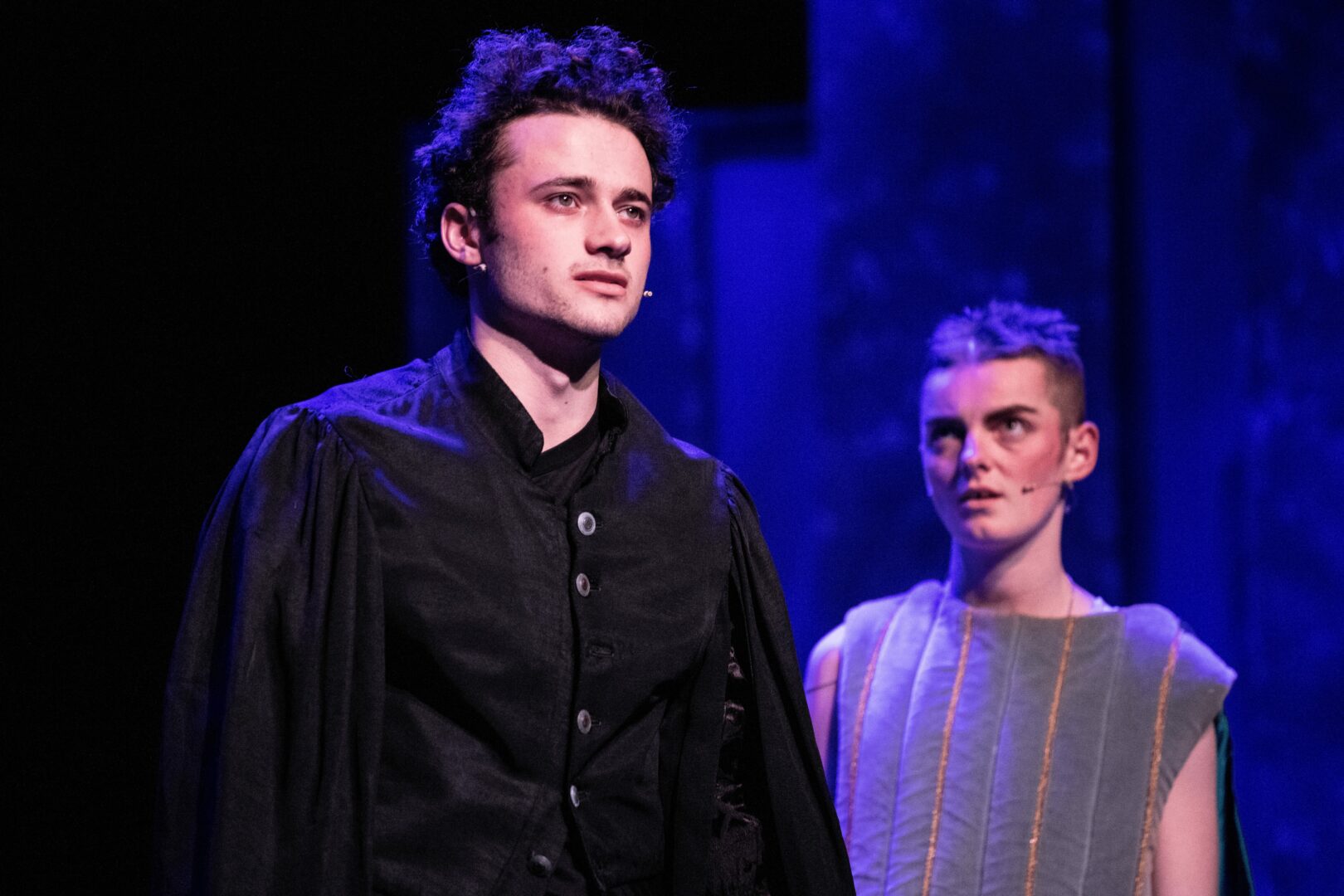
Thanks for sharing that. So, before we get any further into our conversation, can you tell our readers a bit about yourself and what you’re working on?
I’m an actor from Canberra, Australia. There’s not a lot of acting opportunities there, unfortunately. The film and tv industry in Sydney (about a 2 ½ hour drive from Canberra) is rising though, which is awesome.
I was quite late to acting. I only got into it seriously around year 10 at school when I did a monologue from Breaking Bad for my final assessment. I spent a lot of time preparing and researching for it. Sort of the classic young male actor becoming obsessed with immersive, capital A acting. The glorified self-torture in the name of commitment. It’s ok, at least I made those mistakes early. Aaron Paul’s character in Breaking Bad fed this egotistical exploration pretty well. I remember studying his every gesture, each pause, his accent, his changing tone of voice.
In the drama class I took at school there was very little technique training, so the bulk of my acting was imitating other actors I admired. I did this frame by frame with Aaron’s performance in Breaking Bad, along with Steve Martin’s portrayal of Orin Scrivello in Little Shop of Horrors; I played Orin in my school musical when I was in year 11.
I did the same with Timothee Chalamet’s Elio in Call Me By Your Name, which is still a tragedy til this day that I even went near that performance. That was for my audition for the stage and screen diploma at the National Institute of Dramatic Art (Australia’s Juilliard), for which I reached the final callback, but was rejected. It was a pivotal moment in my life as NIDA was in many ways one of few paths into the industry for an Australian actor.
My dream school was always NYU. But, my parents quite rightly had reservations about me studying over in the states. So that dream wasn’t very realistic at the time. However, after having a horrible experience at the callback and then getting rejected, I decided that I would apply to NYU anyway, solely as something to do for myself. I could just apply, obviously not get in, but maybe it would give me a better chance for the following year. Then, in the meantime, I could try to convince my parents to consider it as a possibility. But then I got in.
I’m very grateful for my parents, who embraced this opportunity of mine and let me go and study at my dream school. Thankfully, it wasn’t for nothing though, because moving to New York to study acting was life changing. Through the NYU studio partnerships, I have had the privilege of studying at the prestigious Lee Strasberg Theatre and Film Institute. The teachers there changed my life. I was able to fall in love with acting in a completely different way to the 14 year old kid watching movies in his bedroom. Particularly, the theatre focused training opened my eyes to the artistic purity and thrilling challenge of stage acting. Additionally, the importance of bringing yourself, your own heart and soul, to the work. I’m now going into my third year there and my final year at NYU.
During my time training, I have made a concerted effort to do a lot of theatre in New York. I’ve now done theatre in Strasberg productions, at the International Human Rights Festival, a one-person show Off-Off broadway at La MaMa Experimental Theatre Club, one Off-Broadway production at the Flea Theatre, and two readings with an independent theatre company called Quick & Dirty Theatre Company in Red Hook, Brooklyn.
In one of those readings, I presented my own one-act play, Boy King, which I am currently turning into a full-length. Screenwriting and playwriting is also a deep passion of mine, along with directing. In my final year of school I wrote and directed my own short film, In This Climate, alongside my cousin. We are currently in the middle of shooting our second short, a proof of concept for a feature called GOD IS DEAD. Though, it’s not like the goal is to sell it, we’re just doing it because we’re passionate about film and we love the process. Sometimes we like to humour ourselves and make it seem like there is a plan for one of them making it big time.
This line of work is tough because at least 99% of actors don’t make it. The odds are against you and the chances are you’re going to at least have to work another job to pay the rent. But, to me, this work is life or death. I couldn’t do anything else and am willing to do whatever it takes to pursue acting. I know it sounds dramatic, but I think you have to be, otherwise it’s an awfully hard road for diminishing returns. Especially on a material level; if I wanted money and fame, I’d become a trophy husband, not an actor.
My goal is to be able to make a living solely from acting. That’s my Mount Olympus. And, maybe if I’m lucky, I’m able to do some theater every year or two, just for me. I love film, especially as an audience member. But theatre is the love of my life. There’s nothing quite like spending six weeks with a cast rehearsing, exploring, developing a character. Being in a safe space to take risks and discover things. Make mistakes. And then you get to go out there every night and do a play front-to-back, no stopping, in front of a packed audience. Nothing quite compares for me. And I’m grateful that I get to pursue it and hope to share it with you at some point.
Some projects I’m part of right now include an original play with the Strasberg practicum program, “The Pittsburgh Free Press”, written by Dan Giles. Dan is a playwright from The Juilliard School’s Lila Acheson Wallace American Playwrights Program and the recipient of the Kennedy Center’s Mark Twain Prize for Comic Playwriting. The play runs from December 13-16 at The Lee Strasberg Theatre and Film Institute. On the screen, I’m part of the TV series “Roosters” (theroosterssociety.com) and the film “We Killed Our Friend” (available now on Prime Video).
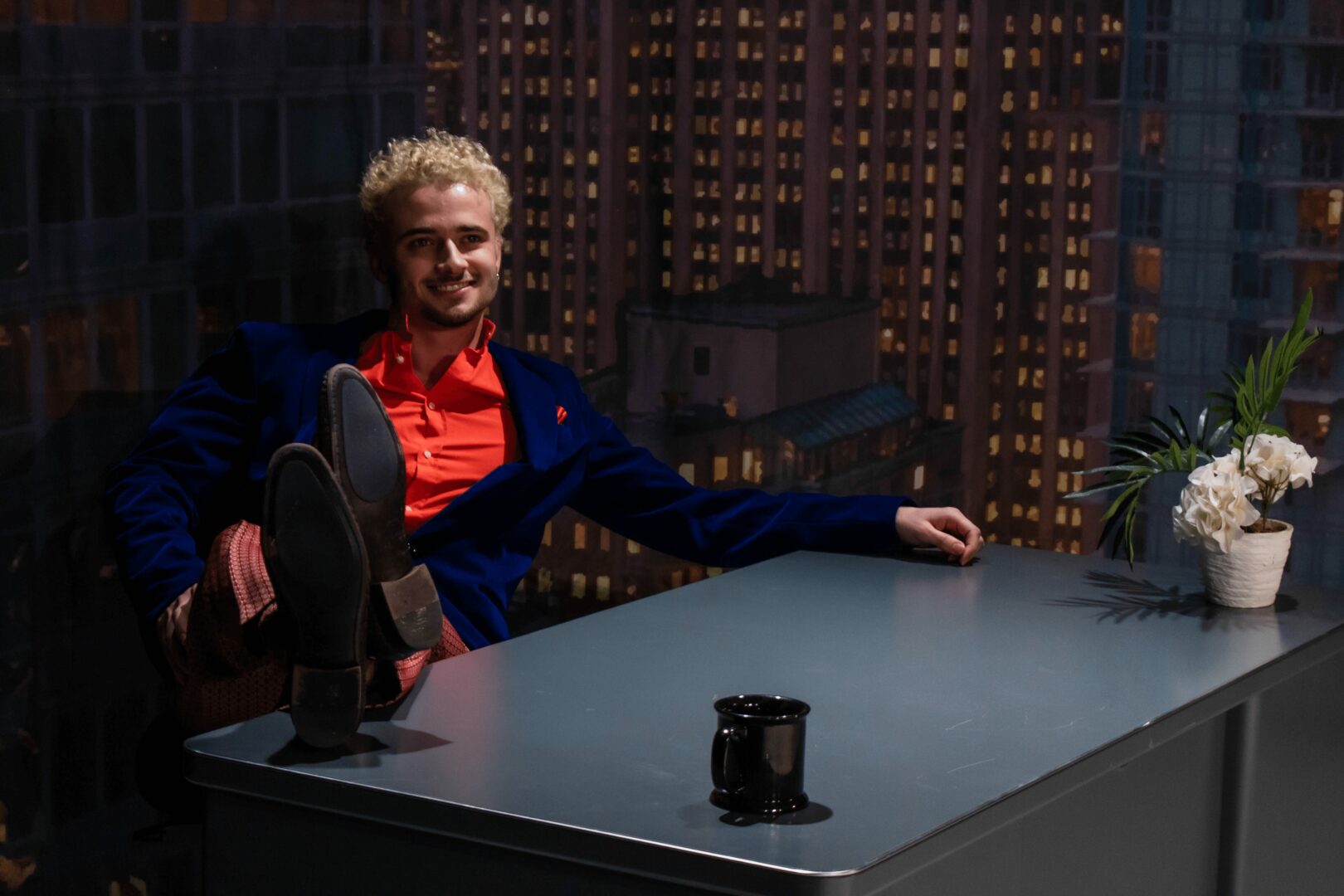
If you had to pick three qualities that are most important to develop, which three would you say matter most?
Support network:
I think having a strong support network around you is one of the most important things about being an artist. There is going to be so much rejection and so much hardship along the way and you need people to lean on. Isolating yourself and trying to do it all on your own will make the rollercoaster ride lonely and miserable. Surround yourself with people who will support you and motivate you, you’ll need it.
Consume art:
Consume as much art as you can. Read books, plays, go to art galleries, watch movies, theatre. Listen to music. Developing your own taste in art will help you in your own art making. You will know what you like and don’t like. It’s also the idea of enriching your life with art. Feeding the soul. It will make you more whole and resourceful as an artist and your education will seep into your work.
Structure:
Creating structure for yourself as an artist is crucial for breaking into the industry. Time is precious and you want to make sure you are on a path that is proactively moving you in the right direction. This includes habitual processes like self-submitting for projects on backstage and actors access, keeping your reel, headshots and resume up to date, making sure you are working on your craft in some form every day. Making a schedule, to-do list, and calendar.
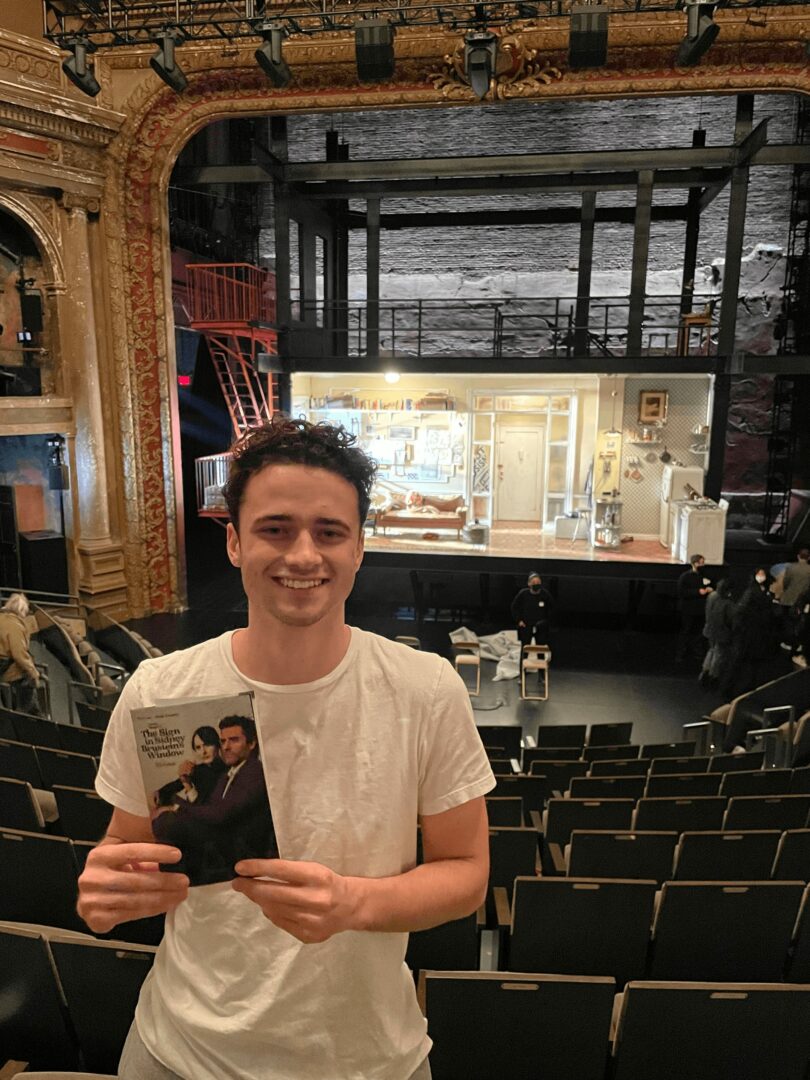
Looking back over the past 12 months or so, what do you think has been your biggest area of improvement or growth?
In this industry, particularly, it feels like your time is ticking. Like you have to make the most of every moment. I mentioned it just before, actually. I do believe it’s true. But, there is a balancing act. Learning to listen to your body and take time off, take a break, miss an event, it’s seminal. This career is a life long pursuit, not just a decade or two. Your body is your instrument, you want to keep it in good condition. Avoiding burnouts and illness has to be a priority. It’s something I’ve felt the positive effects of this past six months. There is a power and a freedom to making a decision in prioritisation of your wellbeing. So, trust your judgement and take care of yourself. You can’t do your best work, otherwise.
Contact Info:
- Instagram: https://www.instagram.com/nick_bisa/
- Other: IMDb:
https://www.imdb.com/name/nm15960180/Backstage:
https://www.backstage.com/u/nick-bisa/Roosters:
www.theroostersfilm.comWe Killed Our Friend:
https://www.gemknightpictures.com/wekilledourfriend
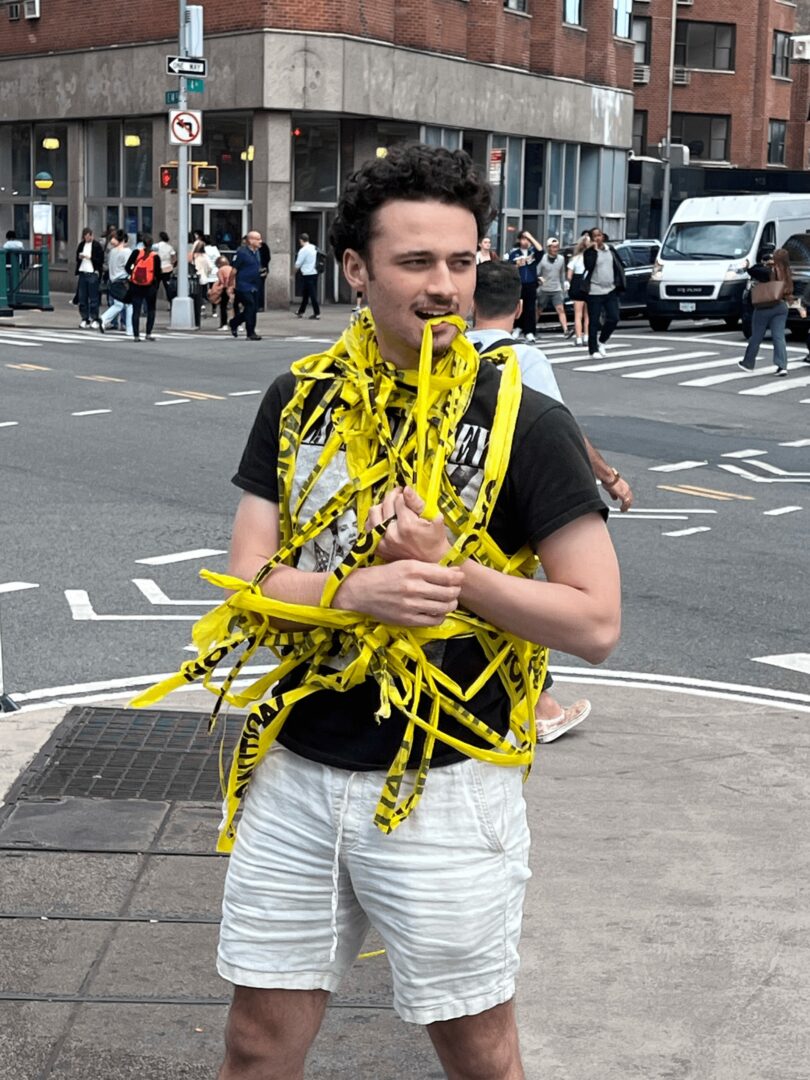
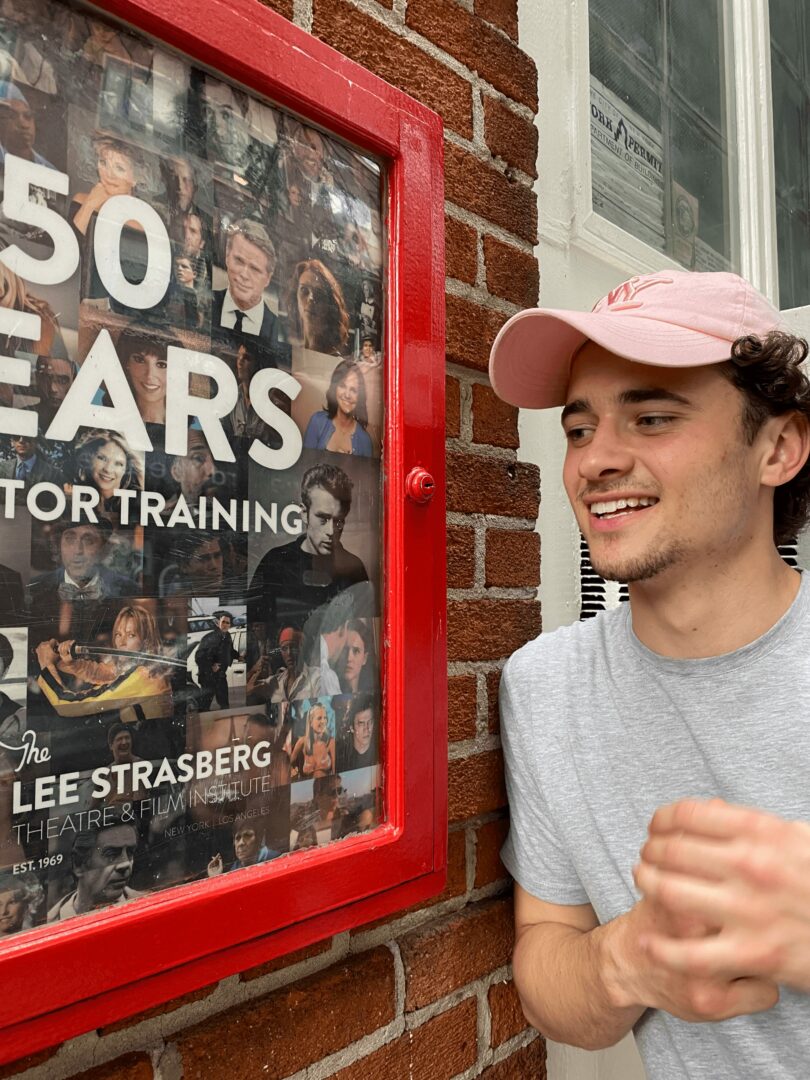
so if you or someone you know deserves recognition please let us know here.

